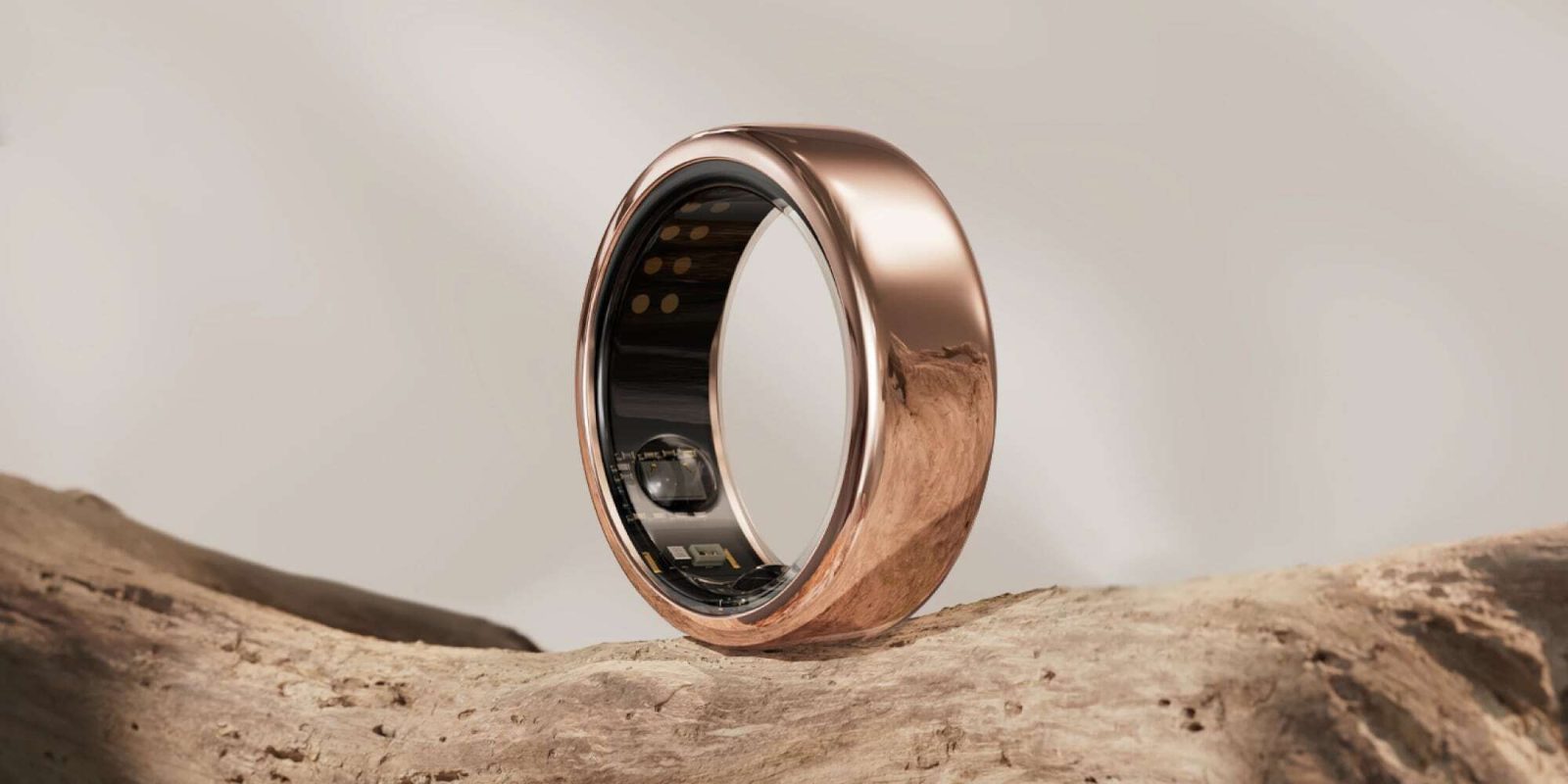
In 2020, a group of California researchers wanted to see if fitness trackers, such as the Oura Ring, could detect early signs and symptoms of COVID-10 (spoiler: they can). What the study also found, however, was a correlation between the depressive symptoms reported by the study’s participants with the body temperature data that Oura provides. Head below to learn more.
The TemPredict Study from the University of California began in 2020, lasted a total of seven months, and included 20,880 participants from 106 countries. The goal of the study was to determine if Oura Rings could help detect early signs of COVID-19, which they can. According to the study, the Oura Ring was able to pick up signs that participants may have been infected on average 2.75 days prior before they tested positive for Covid.
The Oura Ring uses biometrics that give users detailed data about their health, including information regarding heart rate, blood oxygen, sleep analysis, and, importantly, body temperature. According to Oura’s website:
Oura monitors shifts in your temperature and heart rate so you can tell when you may be getting sick sooner.
Now, according to a February 5 paper published in Scientific Reports, the TemPredict Study has found that Oura Rings can also detect when a person is suffering from depressive symptoms. Throughout the study, participants had to submit not only their vital signs that Oura Ring collected, but also had to self-report to the researchers their own emotional and mental health in daily surveys.
According to the study, participants who had higher body temperatures while they were awake also reported they had feelings of depression and higher rates of depressive symptoms, as noted in their daily surveys. The researchers said in the study:
Specifically, these analyses replicated prior results showing that daytime self-reported body temperature was associated with greater depressive symptoms and build on one prior study showing that the asleep-awake body temperature difference was more than twice as large among controls relative to individuals with depression.
Even though it’s unclear whether or not poor body temperature regulation is actually a symptom of depression (or vice versa), the study’s researchers noted that people with depression had an overall change to their natural immune-based feedback system.
What this means is that other people will experience natural temperature cycles throughout their day and over time, while those experiencing depression did not experience the same – instead, they found it more difficult to self-cool their bodies (via Sacramento Bee).
Connect the Watts’ Take
I’ve been a fan of Oura Ring for several months now, and nothing about this study surprises me. While I have not suffered from depressive states or feelings of depression, Oura Ring is so advanced in its technologies (lightyears ahead of its competitors, in my opinion) that a group of researchers chose Oura to as the fitness tracker with which to conduct the study, and came out learning that not only could Oura Ring help to detect early signs of Covid, but it could also help to determine when someone was suffering from a depressive state.
Related
FTC: We use income earning auto affiliate links. More.


![9to5Rewards: MacBook Pro giveaway + Chargeasap Connect Pro 100W cable [Giveaway]](https://techtelegraph.co.uk/wp-content/uploads/2024/06/Jeffs-Studio-Setup-14-inch-MacBook-Pro-03-218x150.jpg)
